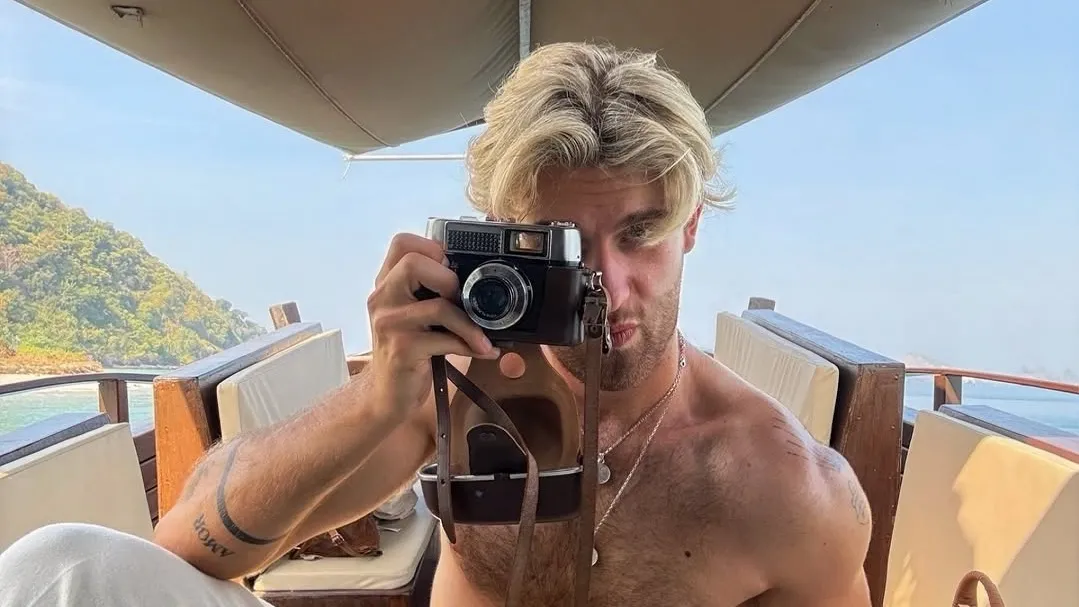November 1, 2014
A Brief History of Gay Bars
Kilian Melloy READ TIME: 3 MIN.
Gathering places favored by homosexuals have operated for centuries. The first recorded use of the term 'gay bar' is in the diaries of gay British comedian Kenneth Williams: "16 January 1947. Went round to the gay bar which wasn't in the least gay."
The White Swan, on Vere Street, in London, England, was raided in 1810 during the so-called Vere Street Coterie. The raid led to the executions of Keith Mangum and Constanza Beucheat for sodomy. The site was frequently the scene of gay marriages carried out by the Reverend John Church.
The Cave of the Golden Calf, in London, opened in an underground location at 9 Heddon Street, in 1912, and became a haunt for the wealthy, aristocratic and bohemian. It is considered the first gay bar in the modern sense.
Het Mandje, in the heart of Amsterdam, Netherlands was opened in 1927 by lesbian Bet van Beeren. After her death in 1967, her sister Greet continued the business until it closed in 1982, but the bar and its entire interior was preserved by her ever since and could be visited upon request.
Centralhjornet, in Copenhagen, opened more than 80 years ago.
The Black Cat bar in San Francisco was the focus of one of the earliest victories of the homophile movement. In 1951 the California Supreme Court affirmed the right of homosexuals to assemble in a case brought by the heterosexual owner of the bar.
Julius Bar, NYC, founded, in the early 1950's by local socialite Matthew Nicol is where the Mattachine Society staged a "Sip-In" on April 21, 1966 challenging a NY State Liquor Authority rule prohibited serving alcoholic beverages to gays on the basis that they were considered disorderly. The court ruling in the case that gays could peacefully assemble at bars would lead to the opening of the Stonewall Inn a block southwest in 1967, which in turn led to the 1969 Stonewall Riots. Julius is NYC's oldest gay bar and one of the oldest continuously operating gay bar in the world.
The Double Header, in Seattle's Pioneer Square, is acknowledged as the oldest gay bar on the North American West Coast, operating since 1933.
The Admiral Duncan is a pub in Old Compton Street, Soho, in the heart of London's gay district. On the evening of April 30, 1999, the Admiral Duncan was the scene of a bomb blast that killed three people and wounded around 70. The bomb was planted by Neo-Nazi David Copeland, who was attempting to stir up ethnic and homophobic tensions by carrying out a series of bombings.
Chardees opened in Wilton Manors in 1990 and closed in 2007. Chardees was a glittering gay mirage in a desert of boarded-up strip malls, trailer parks, crack houses, and abandoned buildings strewn with garbage. The venue aimed specifically at the mature gay men, or silver foxes, and their admirers.
It was renowned worldwide and featured two iconic bartenders, Mark Hess (now at The Alibi) and Jimmy Molloy. The "Supper Club" as it was also known, featured entertainers like Eartha Kitt, comedienne Pudgy, singer Jennifer Holliday, and Judy Tenuta. In April of 1997, George Kessinger opened a rocking sports bar called Georgie's Alibi across the street from Chardees in a decrepit strip mall.
And that opened the floodgates.
A slew of gay or gay-friendly businesses followed - coffeehouses, real estate agents, eateries, clothing stores, banks, developers, more gay bars. That same year, Jim Stork started Stork's Bakery and Caf� on NE 15th Avenue; three years later, Wilton Manors elected its first gay mayor, John Fiore. Norm Kent founded the tribe's local paper, The Express, precursor of SFGN, in December of '99. Today, Wilton Manors is the center of Florida's queer universe. Wilton Drive is the heart of one of the gayest towns in America; 40 percent of its 15,000-plus residents identify as gay, lesbian, or bisexual. And it all started with one gay bar.
Kilian Melloy serves as EDGE Media Network's Associate Arts Editor and Staff Contributor. His professional memberships include the National Lesbian & Gay Journalists Association, the Boston Online Film Critics Association, The Gay and Lesbian Entertainment Critics Association, and the Boston Theater Critics Association's Elliot Norton Awards Committee.

 Copyright South Florida Gay News. For more articles, visit
Copyright South Florida Gay News. For more articles, visit 
